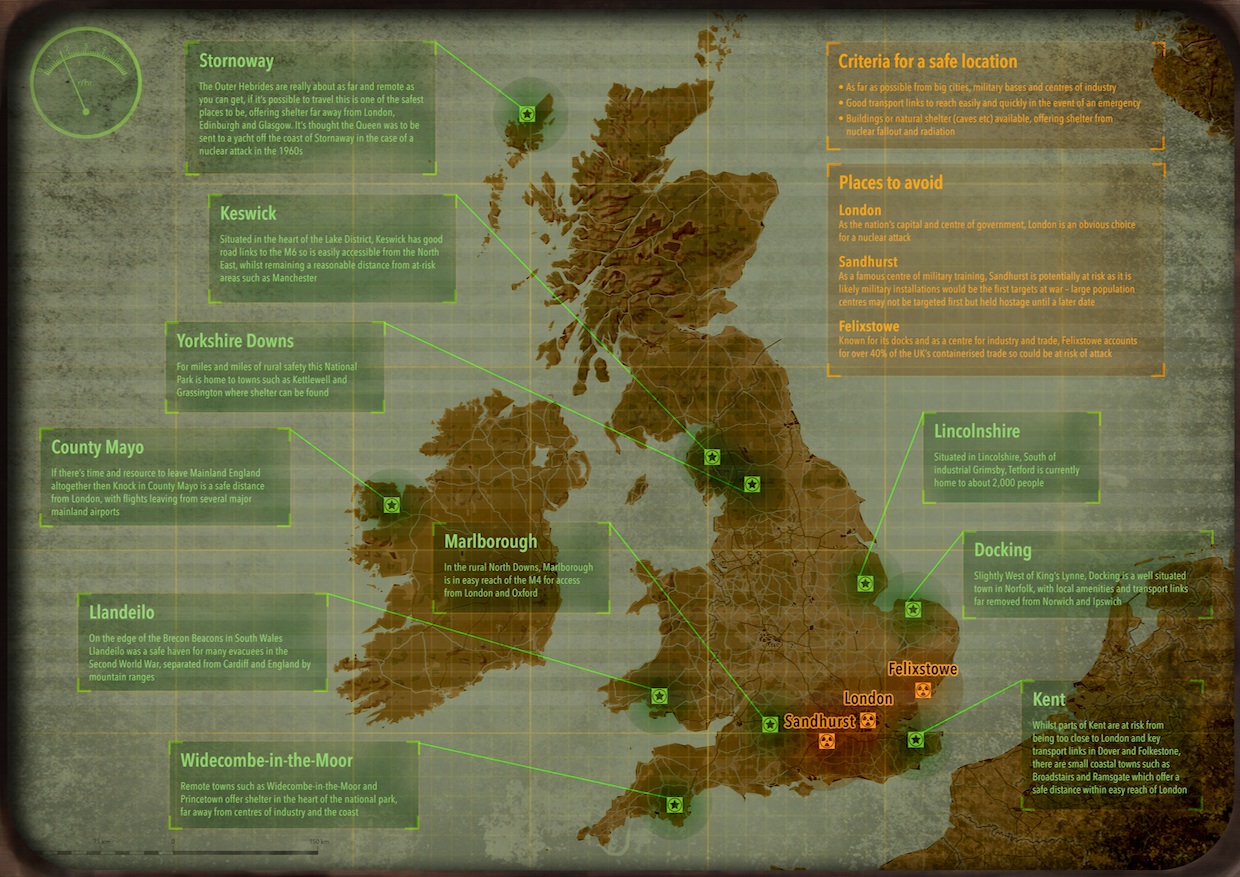
Where should you head?
The team behind Fallout 4 are now working with Daniel Salisbury, Research Associate at the Centre for Science and Security Studies (CSSS), King's College London, as well as The Last Survivors, and have now compiled the top 10 tips you'll need in order to survive a real-life nuclear attack.
1. Evacuation
- As tensions are visibly seen to rise in the run-up to war, those situated near to prominent targets - for example military installations, the centres of political power, and other strategic industrial facilities - could increase their chances of survival by fleeing to the countryside.
- Previous government plans suggest that should tensions escalate to the point where an attack risk is imminent then the population would be given enough warning to make escape plans.
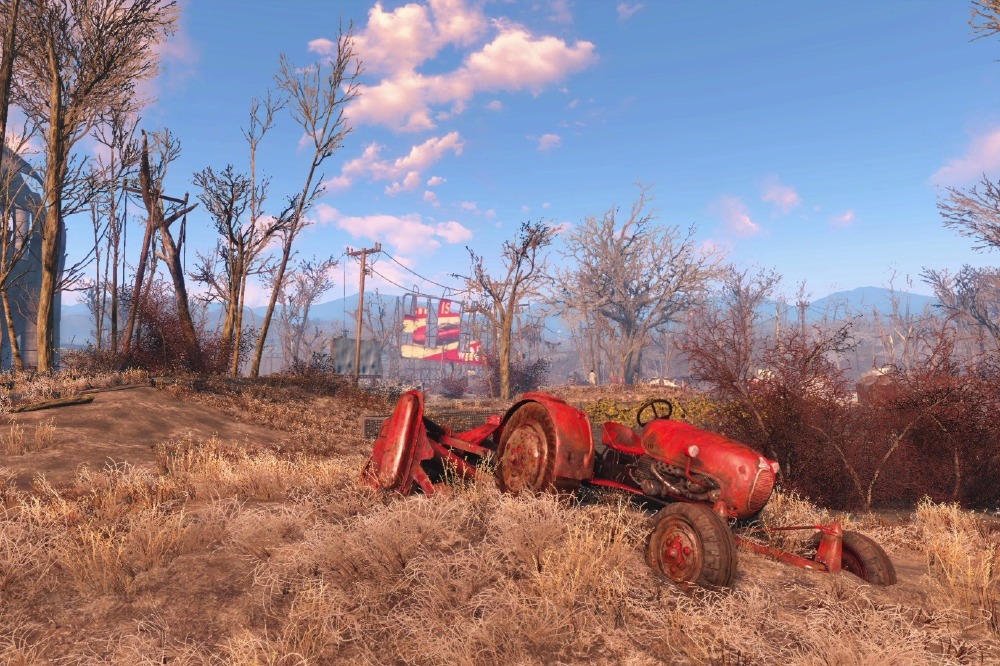
Credit: Bethesda
2. Choose your location
- Think carefully about where to head to and be sure to leave in plenty of time.
- Should the order to evacuate be given, roads are likely to become gridlocked and petrol in short supply, so be prepared for a long journey.
- Select a location as far as possible from military installations, high population areas and centres of industry.
- Your chosen spot should offer shelter and amenities - ideally in the form of buildings in a small village, but failing that, seek out natural shelter such as caves.
3. Staying put
- If there isn't time to make an escape then you're best off making your home as safe as possible.
- Whilst anywhere in the immediate vicinity of a blast is unlikely to be left standing, it is important for those on the outskirts to have sufficient shelter to keep them inside away from the threat of radiation and nuclear fallout.
- Dedicate a room with a few external walls as possible as a makeshift shelter, equip this with as much food, water and life essentials to ensure you won't need to visit the outside world.
4. Stay inside
- After the initial explosion, the biggest risk to your health is from nuclear 'fallout'.
- This is the radiation which is found in debris lifted into the fireball during the explosion (and vaporised) and the residues of the weapon itself. The fallout is carried by the wind and falls onto the ground (hence the term 'fallout').
- Depending on wind direction and the size of the initial weapon this fallout can travel hundreds of miles, so in the aftermath of an attack, even from a significant distance, it is important to remain inside.
- The danger from fallout is strongest for the first 48 hours, but you may need to remain inside for up to two weeks.
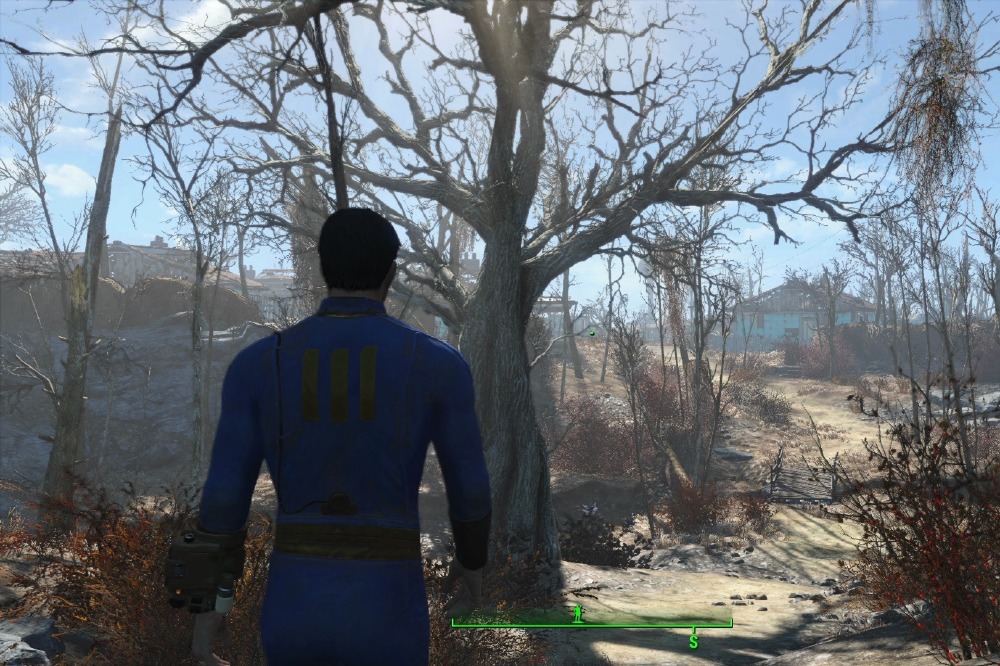
Credit: Bethesda
5. Stock up
- Whether you're staying at home or moving on, resources are likely to be scarce in the aftermath of an attack, so be prepared.
- Items to store up include tinned food, bottled water (as much as possible for both washing and drinking), blankets, sheets and layers of warm clothing.
- Even if you are fleeing your home, make sure to take bedding and pillows as, with so many people making their escape, you may need to bed down in unexpected places.
6. Source water
- In the aftermath of an attack water will be in short supply. Whilst a human can potentially last up to three weeks without food you can only last a maximum of three days without water.
- Standing water supplies might be contaminated, so tap water and mains water is a risk you can't really take. Water itself can't actually become irradiated, it is just the small particles of dust and debris that pollute the water which make it dangerous. There's also a risk of bodies floating in the source of your water supply causing disease.
- Water can be found in old radiator systems, the top of a toilet, water heaters and car radiators.
- You can make a water filter using used sand, gravel, charcoal and some cloth built up in layers in a bottle.
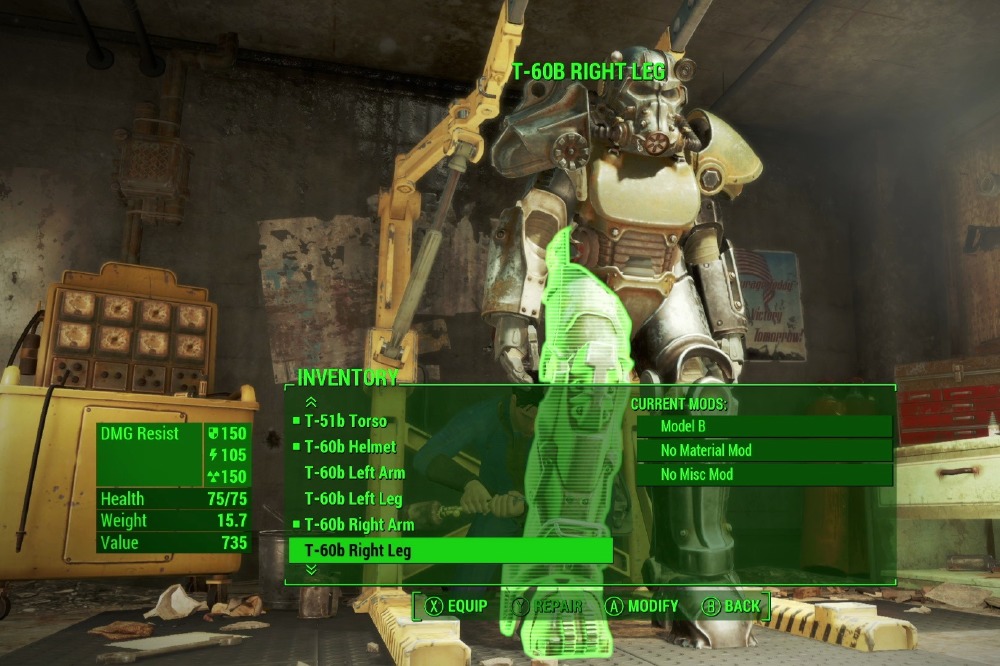
Credit: Bethesda
7. Refine your shopping list
- When stocking up on food think very carefully about what you buy. Tinned foods and foods that last a long time are ideal as even once you are safe to leave shelter, depending on proximity to a blast, it's unlikely shops will be able to restock or provide additional supplies.
- Keep plenty of food which can be eaten cold in case there are issues with fuel supplies/electricity.
- High protein foods such as nuts and seeds, and sugary foods such as chocolate bars will be your saviour as they will give you energy and won't go off quickly.
8. Work as a team
- If you are in a space with several other people, work together and make the most of your individual skills.
- Stronger members of the team are best put to work ensuring your shelter is secure and potentially scavenging for supplies in the aftermath of the attack.
- Younger or weaker members of the team can be in charge of cooking and preparing foods.
- Make sure someone is allocated to keep stock of supplies - you will need to be vigilant and careful with what you use to ensure you don't run out.
9. Learn basic first aid
- In the aftermath of the attack there may be survivors with minor injuries which, left untreated, could result in infection or death.
- Be prepared with bandages and disinfectant, in a worst case scenario, you can pack a wound with dirt to stop the patient from losing too much blood, but this is only advisable if you are able to reach a hospital soon.
- Hospitals will be overrun with casualties, so any minor ailments which can be treated at home should be.
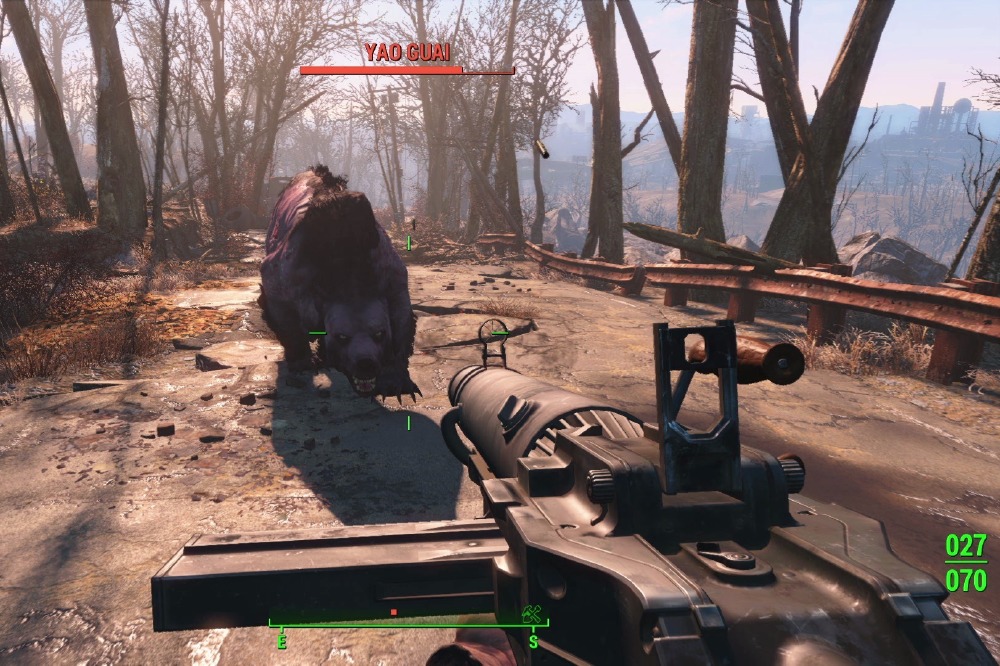
Credit: Bethesda
10. Hygeine is crucial
- Once the immediate risk from impact lessens there are ongoing risks of communicable diseases such as cholera and typhoid so good hygiene is crucial.
- Your first aid kit should include soap and hand sanitiser which must be used frequently to stop infection spreading.
- If there are any dead bodies in the immediate area it is important to bury these, and mark the spot. This reduces the risks of infection from decaying bodies.
Sound fun? Good! Fallout 4 is available now on Xbox One, PlayStation 4 and PC.

